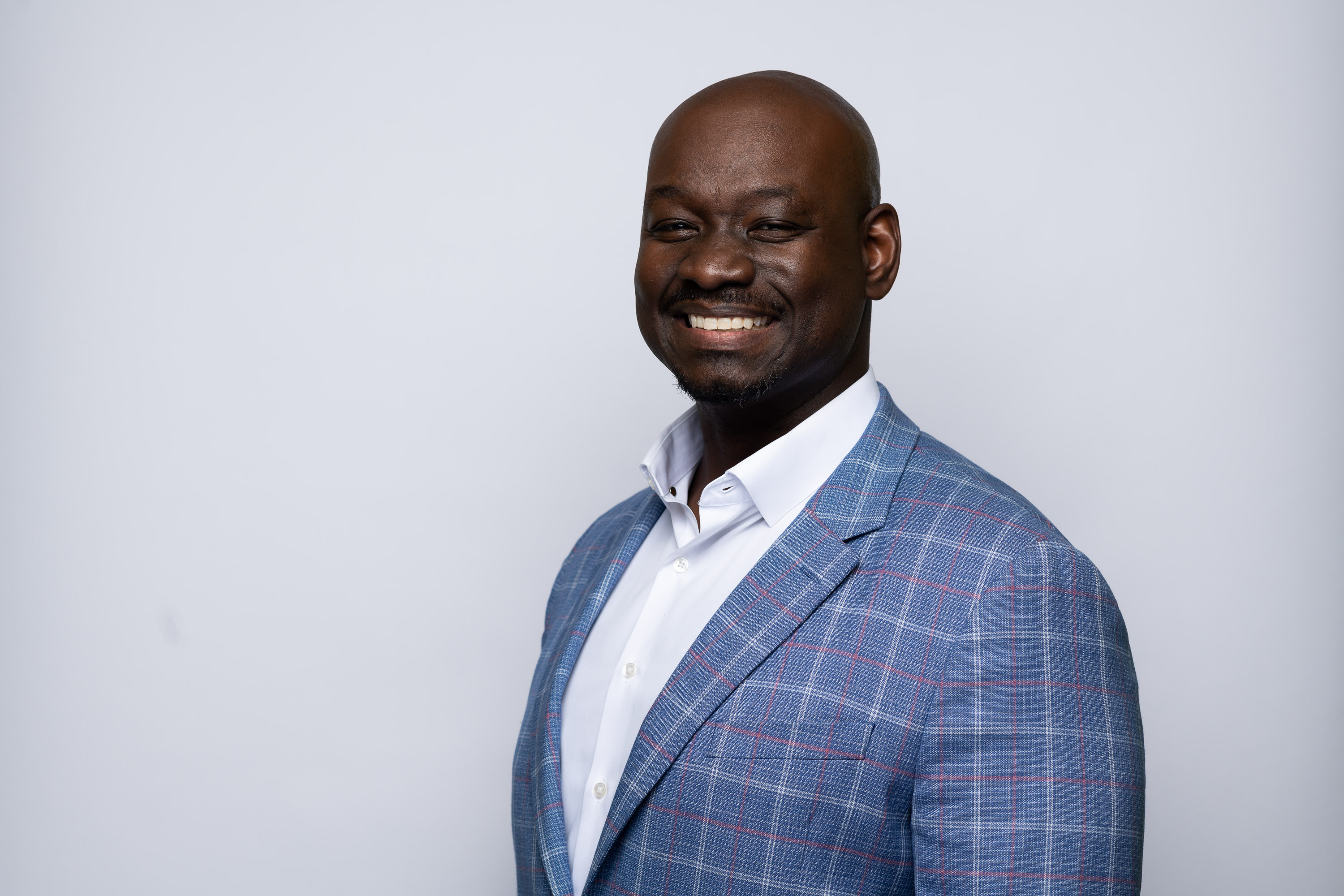Have you ever wondered how leaders in higher education can navigate the complex challenges they face while inspiring their teams? Professional coaching offers a powerful solution for higher education executives looking to enhance their leadership skills and drive institutional success. These leaders must balance strategic decision-making with fostering a positive organizational culture. Professional coaching provides tailored support, helping executives to identify their strengths, overcome obstacles, and develop actionable plans for growth.
In this blog, we will explore the significance of professional coaching, its essential role for executives, and the benefits it offers specifically for higher education leaders.
Understanding Professional Coaching
Professional coaching is a personalized approach designed to help you recognize your strengths and navigate the challenges you face in your career. Think of it as having a supportive partner who understands the unique pressures that come with working in higher education or nonprofit roles. Your coach collaborates with you to develop tailored strategies that empower you not just to survive but to thrive in your professional life. This relationship is built on trust and understanding, creating a safe space for you to share your thoughts and concerns openly.
A significant component of professional coaching involves the CliftonStrengths assessment. This powerful tool helps you uncover your natural talents, allowing you to focus on what you do best. For instance, if you excel at building relationships but struggle with long-term planning, your coach will encourage you to leverage those relationship skills while also providing guidance to enhance your planning abilities. By identifying and developing these strengths, you can navigate your career path with greater confidence and clarity. This targeted approach ensures you’re working smarter, not harder, and highlights how your unique skills contribute to your overall success.
Coaching also emphasizes accountability. It’s common to have big ideas but find it challenging to translate them into action. Your coach will check in with you regularly to ensure you're making progress and help you set realistic, achievable goals. Celebrating your successes along the way boosts your confidence and gives you a clear, focused path for your career. Furthermore, coaching often involves reflecting on your experiences, which deepens your understanding of your professional journey. As you discuss your thoughts with your coach, you gain valuable insights that refine your goals and strategies, making the entire process more effective and fulfilling.
Why Coaching Is Essential for Executives
Navigating the complexities of executive roles in higher education and nonprofits can be an exciting yet challenging journey. Executives often juggle multiple responsibilities — managing budgets, leading diverse teams, and fostering relationships with stakeholders. Each day presents new demands, and it’s easy to feel stretched thin and uncertain about priorities. In this dynamic landscape, decision-making can sometimes feel overwhelming, but coaching offers a powerful solution to help you find clarity and direction.
As a leader, having a clear vision and sense of purpose is crucial. However, everyone can benefit from an external perspective. A coach serves as a valuable sounding board, enabling you to identify blind spots and uncover new opportunities for both personal and professional growth. This supportive relationship can transform your approach from reactive to proactive, equipping you to anticipate challenges and respond with confidence.
Coaching also empowers you to refine your leadership style. Whether your goals involve enhancing communication skills, fostering an inclusive environment, or improving team dynamics, coaching provides tailored insights that align with your unique strengths and challenges. Engaging with real-life scenarios in a coaching setting allows you to experiment with new strategies in a safe space, enhancing your skills and making your role more effective and enjoyable. By integrating feedback and reflecting on your experiences, you not only elevate your own performance but also inspire your team and organization to thrive.
Ultimately, coaching is an invaluable resource for navigating the demands of executive positions and propelling your organization toward success. Seizing this opportunity for growth can lead to transformative results, both personally and professionally.
Benefits of Professional Coaching for Higher Education Executives
Professional coaching offers transformative benefits for higher education executives, helping them navigate the complexities of leadership in academic settings. Through tailored support, coaching fosters personal and professional growth, enhancing overall effectiveness in their roles. Here are some key benefits:
1. Tailored Personal Development:
Imagine discovering a renewed sense of purpose and clarity in your role as a higher education executive. That’s the transformative impact of tailored personal development through professional coaching. Each coaching session is customized to focus on your unique strengths, challenges, and career aspirations, ensuring that the program is exclusively designed for you.
For instance, consider the possibility of engaging in a 360-degree feedback process to gather insights from colleagues and peers about your leadership style. This feedback can illuminate areas for growth and development, enabling you to enhance your communication and interpersonal skills. Your coach can help you devise a plan to leverage this feedback effectively, fostering a more collaborative environment within your institution.
Moreover, tailored personal development equips you with practical, actionable strategies that fit seamlessly into your busy schedule. Rather than receiving generic advice, you’ll benefit from targeted techniques designed for the specific demands of the higher education sector. This personalized approach not only aligns your growth with your values but also addresses the unique needs of your institution, ultimately leading to increased job satisfaction and professional success.
2. Better Conflict Management:
Harnessing your strengths is vital for improving conflict management as a higher education executive. Imagine two departments disagreeing over resource allocation. Instead of letting tensions rise, your coaching helps you understand each party's motivations, allowing you to mediate effectively and turn potential crises into constructive dialogues.
Through coaching, you learn to view conflicts as opportunities for growth. You develop skills to listen actively, empathize with different perspectives, and communicate clearly. This proactive approach reduces misunderstandings and fosters a collaborative environment where everyone feels heard and valued, helping to strengthen relationships.
Additionally, coaching provides practical techniques for managing conflicts. For example, using the CliftonStrengths assessment, you might discover that empathy and strategic thinking are your top strengths. By leveraging these, you can anticipate conflicts and address them early, leading to a more harmonious workplace and enhancing your leadership effectiveness.
3. Increased Self-Confidence:
Professional coaching can significantly boost your self-confidence, empowering you to tackle challenges and excel in your role as a higher education executive. Imagine standing confidently in front of your team, presenting a new strategic plan. That’s the kind of assurance coaching can help you achieve, transforming how you approach your responsibilities.
Through targeted sessions, you'll uncover and leverage your strengths, honing skills you might not even realize you possess. For example, if you’re a strong communicator but doubt your ability to persuade stakeholders, a coach can provide actionable feedback and strategies tailored to your style, turning doubt into confidence.
Coaching also creates a safe space to confront insecurities. It’s normal to feel uncertain, especially with complex decisions or faculty concerns. With your coach's support, you’ll learn to reframe negative thoughts and build a more positive self-image. This mindset shift enhances your leadership effectiveness and inspires those around you, making you a more resilient higher education executive.
4. Focused Goal Setting:
When you engage in coaching, one of the biggest benefits you'll experience is the ability to set focused, actionable goals that align with your vision for your career in higher education. Unlike vague aspirations, these goals are specific, measurable, and time-bound, making them much easier to achieve. This clarity allows you to prioritize your efforts and resources effectively, ensuring you're always moving in the right direction.
For instance, let's say you're aiming to improve student retention rates at your institution. Through coaching, you'll break down this broad objective into smaller, manageable tasks. You might set a goal to implement a new mentorship program within six months. Your coach will help you outline the steps, identify potential obstacles, and stay accountable to your timeline. This kind of focused goal setting transforms daunting challenges into achievable milestones.
Moreover, focused goals keep you aligned with your long-term vision, reducing distractions and keeping you motivated. By continuously refining and adapting your goals, you maintain a clear path toward your desired outcomes. Ultimately, this structured approach not only enhances your productivity but also brings a sense of accomplishment and satisfaction in your role.
5. Adaptability to Change:
Adapting to change is essential for higher education executives, especially in today’s fast-paced environment. With technological advancements and shifting student expectations, the ability to navigate change effectively is more important than ever. Professional coaching can be a game-changer, helping you stay agile and responsive.
Through coaching, you’ll develop a mindset that welcomes change rather than resists it. For example, if you're tasked with implementing a new digital learning platform, a coach can guide you in identifying your strengths and leveraging them to tackle this challenge. They’ll help you strategize, prioritize tasks, and communicate effectively with your team, making the transition smoother and less stressful.
Coaching also equips you with tools to anticipate and plan for future changes. You’ll learn to create flexible strategies that can be adjusted as new information arises. This proactive approach ensures you're prepared for changes, reducing anxiety and enhancing your leadership effectiveness, ultimately making you a more capable and confident leader in the dynamic world of higher education.
6. Networking Opportunities:
By leveraging coaching, higher education executives can unlock incredible networking opportunities that propel their careers to new heights. When you work with a coach, you'll gain access to a broader network of professionals in your field. This expanded network isn't just about collecting business cards; it's about forming meaningful connections that can lead to collaborations, partnerships, and innovative projects.
Imagine attending a conference where your coach has introduced you to key influencers. These introductions are more than just polite hellos — they're gateways to conversations that can spark new ideas and open doors to future opportunities. Your coach can also guide you on how to maintain and nurture these relationships, ensuring they grow into mutually beneficial partnerships.
Moreover, professional coaching equips you with the soft skills needed to make a lasting impression. You'll learn how to communicate effectively, present your ideas compellingly, and engage others in a way that fosters trust and respect. This makes networking not just an exercise in meeting people, but a strategic tool for career advancement.
7. Increased Organizational Impact:
Unlocking your potential through professional coaching can significantly enhance your organizational impact, driving meaningful change and growth within your higher education institution. By leveraging your unique strengths and leadership capabilities, you can inspire your team and cultivate a collaborative, efficient, and innovative environment.
For instance, consider utilizing the Myers-Briggs Type Indicator (MBTI) to gain insights into your personality and leadership style. With coaching, you’ll learn how to harness these insights to navigate team dynamics effectively. If your MBTI results indicate you are an extroverted thinker, coaching can help you engage your team in brainstorming sessions, encouraging diverse ideas and fostering a creative atmosphere.
Additionally, coaching can sharpen your conflict resolution skills, enabling you to address challenges proactively and maintain team cohesion. By facilitating open dialogues and encouraging constructive feedback, you can create an environment where team members feel valued and heard. This sense of belonging and engagement not only boosts morale but also enhances overall performance, leading to a lasting positive impact on your organization.
Conclusion
Professional coaching serves as an invaluable resource for higher education executives striving to enhance their leadership capabilities and drive their institutions toward success. By offering tailored support, coaching not only fosters personal and professional development but also empowers leaders to navigate challenges with increased confidence and adaptability. The benefits of focused goal-setting, conflict management, and the ability to harness networking opportunities collectively contribute to a more profound organizational impact.
As these executives refine their skills and expand their perspectives through coaching, they not only elevate their own performance but also inspire their teams and create a thriving academic environment. Ultimately, investing in professional coaching is a commitment to both individual growth and the long-term success of their institutions.
FAQs
1. Is professional coaching suitable for all higher education leaders?
While professional coaching can benefit many leaders, its effectiveness depends on the individual's willingness to engage in self-reflection and make changes. Those open to exploring their strengths and weaknesses are likely to gain the most from the coaching experience.
2. What are the differences between coaching and mentoring in higher education?
Coaching typically focuses on specific goals and skills, providing structured guidance and accountability. In contrast, mentoring usually involves a more informal relationship where an experienced individual shares insights and advice based on their own experiences in the field.
3. How long does a coaching engagement usually last for higher education executives?
The duration of a coaching engagement can vary based on individual needs and goals, but it often spans several months to a year. Regular sessions may occur weekly or bi-weekly, allowing for ongoing assessment and adjustment of strategies.











